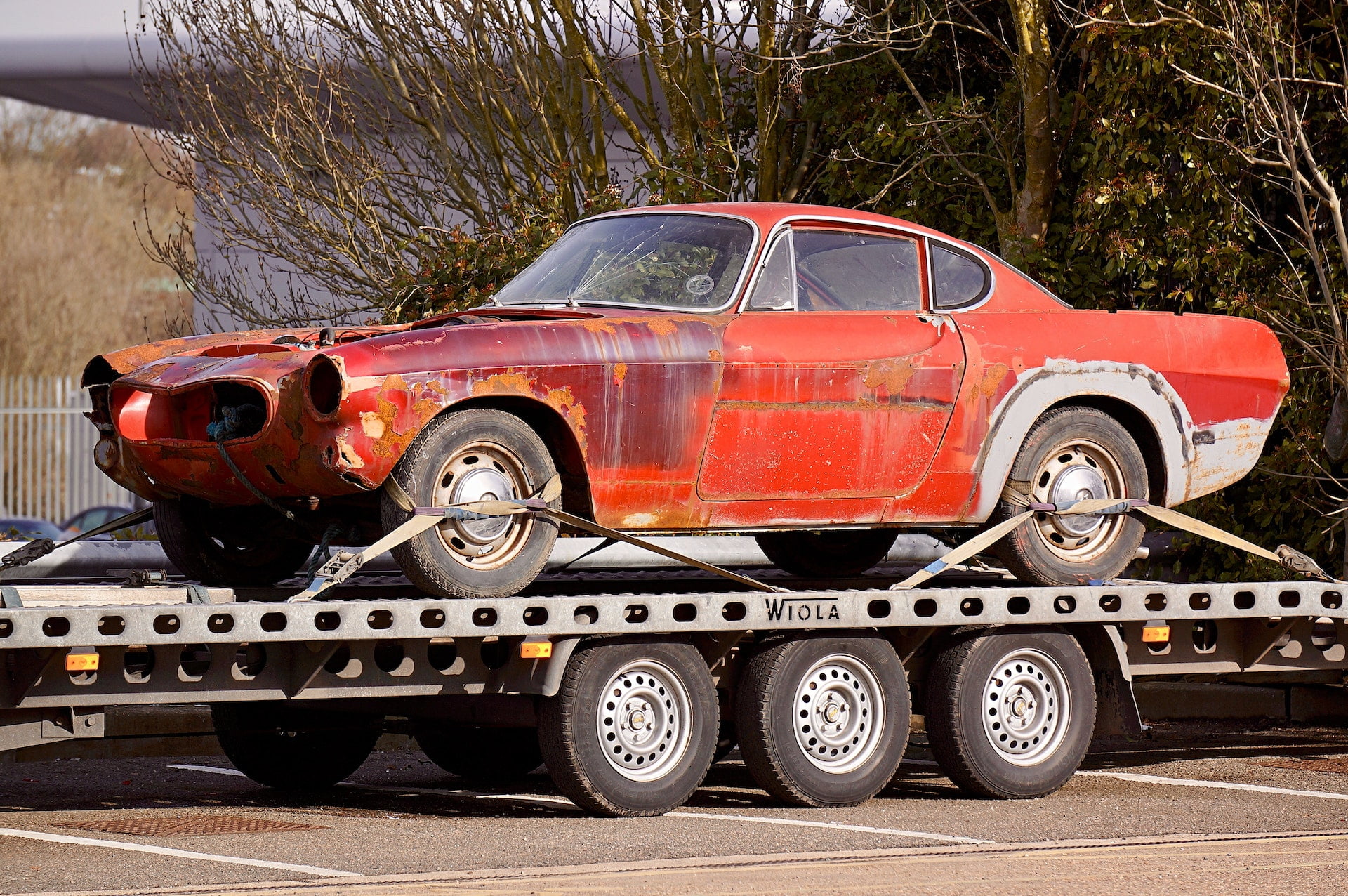For vehicle owners who use their vehicles for towing, passing a smog check can sometimes present unique challenges. Towing puts additional strain on the engine and emissions systems, potentially affecting the vehicle’s emissions levels. However, with proper preparation and maintenance, you can increase the likelihood of passing a smog check even if you use your vehicle for towing purposes. In this article, we’ll provide valuable tips to help you navigate the smog check process successfully with vehicles used for towing.
- Maintain Regular Vehicle Maintenance:
Routine maintenance is the foundation for a successful smog check, especially for vehicles used for towing. Follow the manufacturer’s recommended maintenance schedule, including oil changes, air filter replacements, and spark plug checks. Properly maintained engines are more likely to emit fewer pollutants, ensuring a better chance of passing the smog check.
- Check the Catalytic Converter:
The catalytic converter plays a crucial role in reducing harmful emissions. When towing, the converter can experience higher temperatures and stress. Regularly inspect the converter for damage or clogs and replace it if necessary. A properly functioning catalytic converter is essential for passing the smog check.
- Ensure Proper Tire Inflation:
Properly inflated tires not only contribute to safe towing but also impact emissions. Underinflated tires can cause the engine to work harder, potentially leading to increased emissions. Regularly check and maintain the recommended tire pressure to optimize fuel efficiency and emissions.
- Warm Up the Engine:
Before heading to the smog check station, drive your towing vehicle for about 20-30 minutes to warm up the engine and emissions systems. A warm engine operates more efficiently, which can help reduce emissions during the test. This practice ensures that your vehicle is ready for accurate emissions measurements.
- Choose the Right Fuel:
Select the appropriate fuel grade as recommended by the vehicle manufacturer. Quality fuel not only enhances engine performance but can also impact emissions. Opting for premium fuel, if recommended, can help ensure efficient combustion and better chances of passing the smog check.
- Address Check Engine Lights:
If your check engine light is illuminated, addressing the issue before the smog check is crucial. Check engine lights often indicate emissions-related problems that can cause test failure. Get your towing vehicle diagnosed and repaired promptly to ensure it meets emissions standards.
Successfully passing a smog check with a vehicle used for towing requires attention to detail and proper maintenance. Regular vehicle upkeep, monitoring the catalytic converter, maintaining proper tire inflation, warming up the engine before the test, using the right fuel, and addressing check engine lights are all essential steps. AB Smog Check is dedicated to assisting you with reliable smog checks and expert advice to help your towing vehicle pass emissions tests.
By following these tips, you can ensure that your towing vehicle is ready for the smog check, contributing to cleaner air quality and a smoother towing experience.



